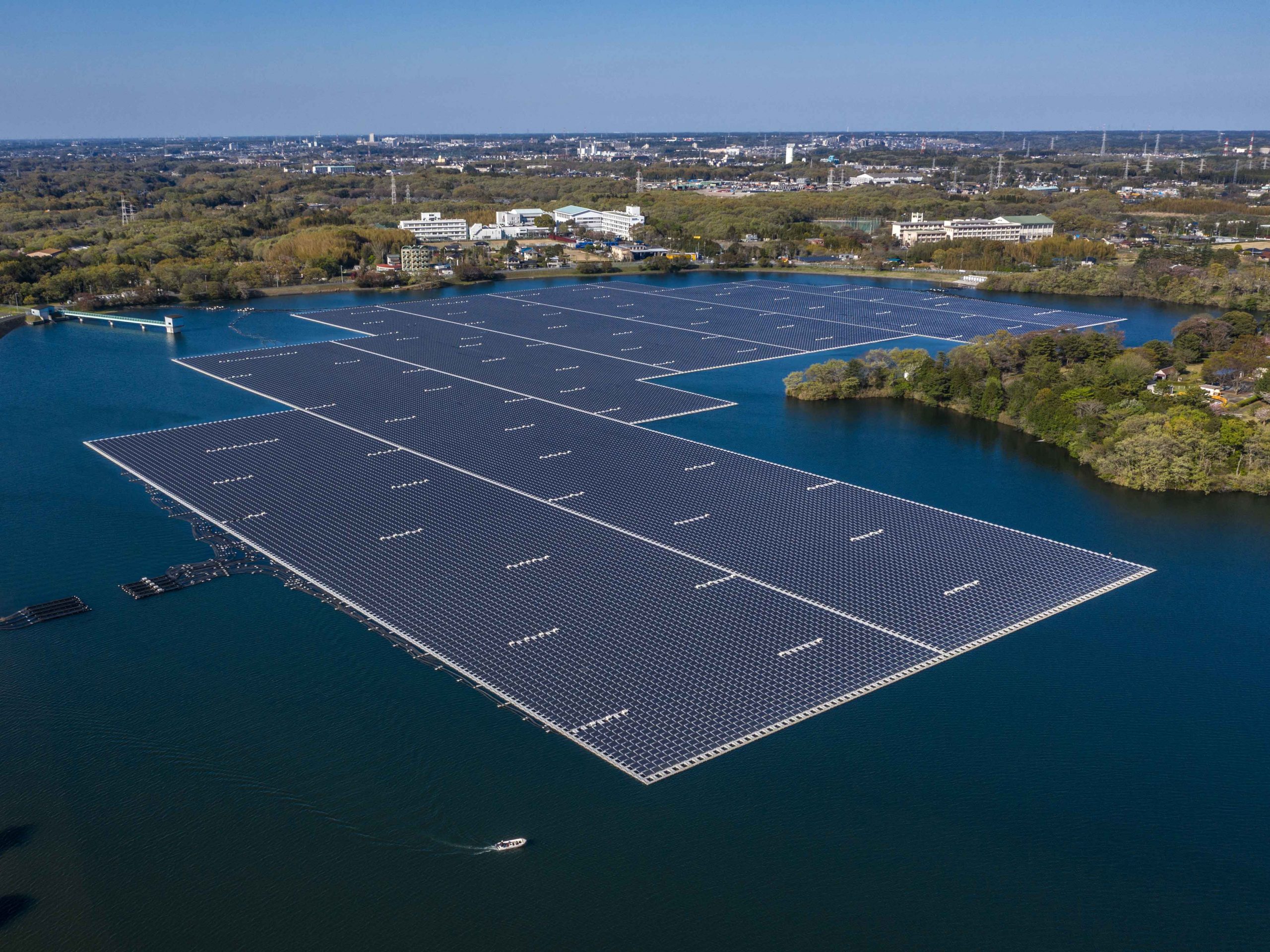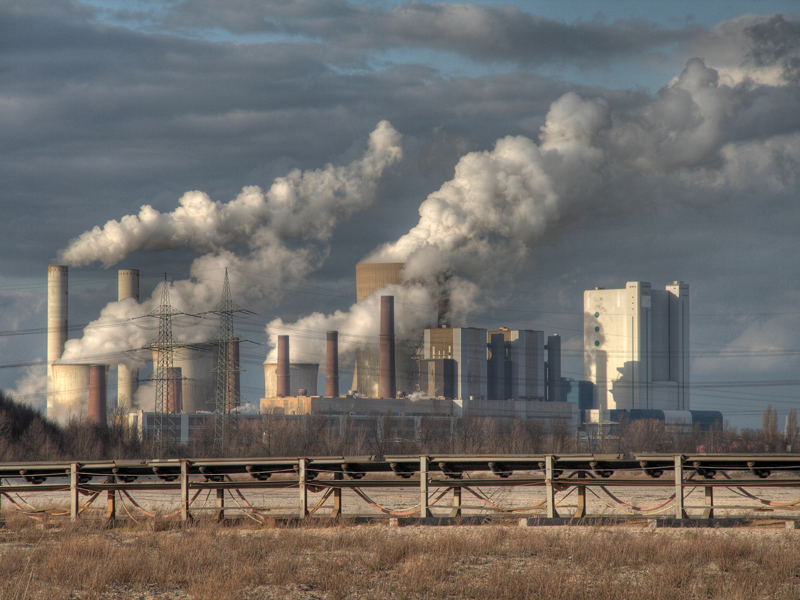The UAE unveils its first floating solar power plant
The island of Nurai in Abu Dhabi has recently installed a floating solar power plant that is set to have a capacity of 80 kilowatts

The Yamakura Dam floating solar plant in Ichihara, Japan. Abu Dhabi's own floating solar power plant, which is a fraction of the size due to its pilot status, is due to start producing energy within days of its launch
The United Arab Emirates (UAE) recently unveiled its first floating solar power plant off the coast of Nurai Island, which is set to start producing electricity within days of it being installed. This pilot project is an important test to determine whether other similar projects in the region will go ahead.
Dubai’s manmade islands could stand to benefit significantly from floating solar power cells, which would enable them to generate low-carbon electricity without sacrificing beach space.
Installing and maintaining solar power panels at sea is expensive, costing around three times more than land-based projects
Even so, Stefan Mückstein, COO of Enerwhere, the sustainable energy company that installed the UAE’s new solar plant, has cautioned that installing and maintaining solar power panels at sea is expensive, costing around three times more than land-based projects. The concept also comes with other technical challenges.
“Dealing with waves and corrosion offshore is obviously a lot more challenging technically than installing solar panels on a roof or flat piece of desert,” Mückstein told Bloomberg. “But for a resort island like Nurai, this is still far better than taking up valuable beach real estate which tourists are willing to pay much more for.”
Ultimately, these solar panel power plants located at sea must prove to be financially viable, which is why this low-capacity pilot project is so highly anticipated. It is predicted that light reflecting off the sea and the cooling effect of water washing over the panels could improve their efficiency, but such claims must be tested empirically first.
It is not only in Nurai where floating solar projects are of interest: clean-energy developer Masdar, which is owned by Abu Dhabi’s government, is building Indonesia’s first floating solar project. Other UAE state-run energy agencies have demonstrated a similar interest in developing floating solar technology internationally, with Dubai’s government-run utility firm awarding a consultant contract to Germany’s Fichtner Group for a future floating solar project in a location not yet specified.
For now, however, the majority of the UAE’s solar projects will continue to be built on the empty desert land that is in plentiful supply beyond Abu Dhabi’s high-rise buildings.













